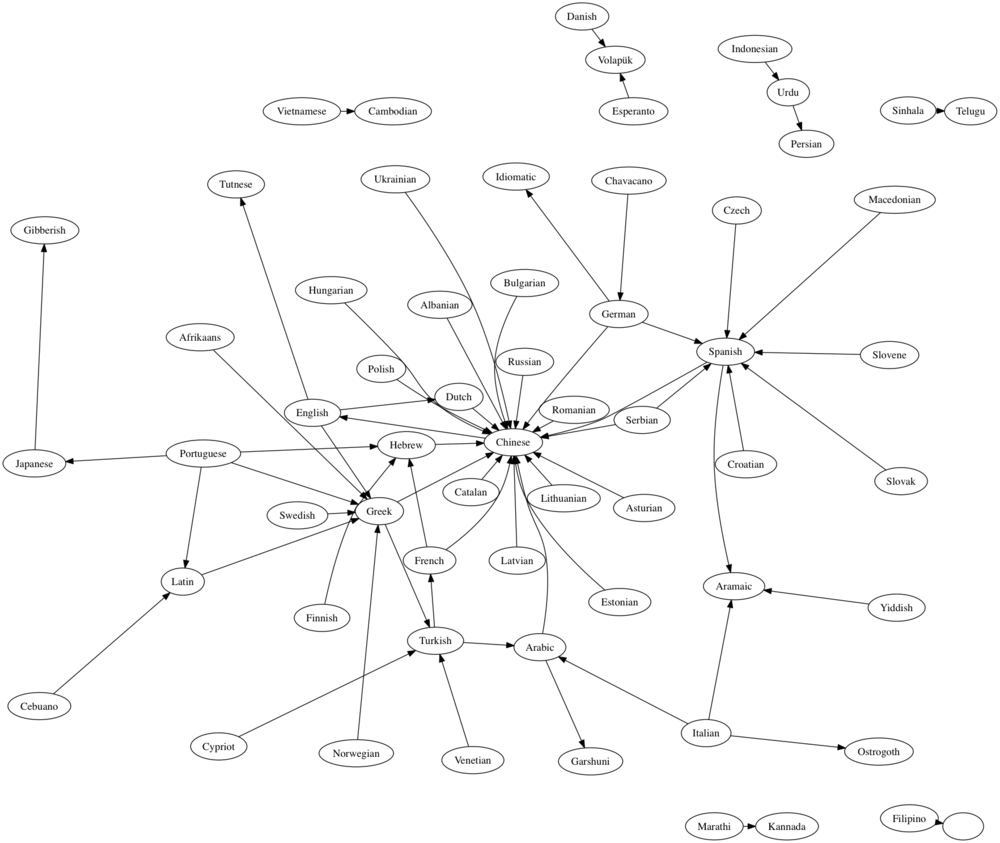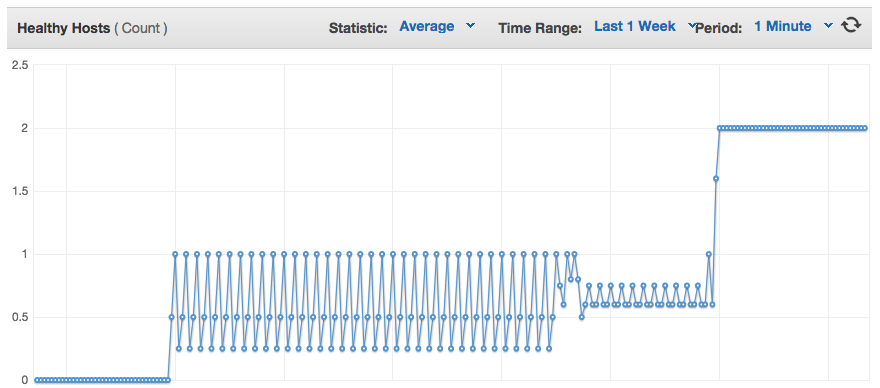On 4 March 2014, YouTube deprecated the v2.0 API for YouTube (source). One of the unfortunate side effects was that RSS feeds for user uploads were included in what was deprecated.
Previously, you could get an RSS feed with a link of the form: https://gdata.youtube.com/feeds/base/users/{user}/uploads For the longest time, even after the deprecation, those links still worked, but a couple weeks ago, more and more of the video feeds I was subscribed to started redirecting to YouTube Help account. As thrilling as that channel is, it’s not what I’m looking for.
Let’s fix it.

